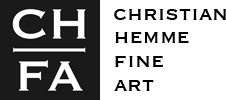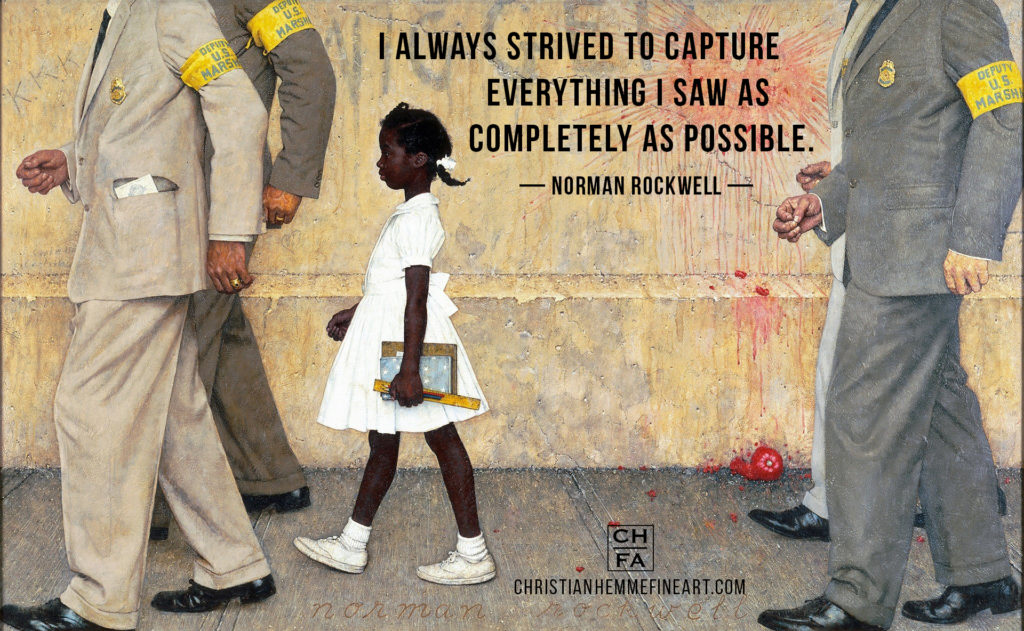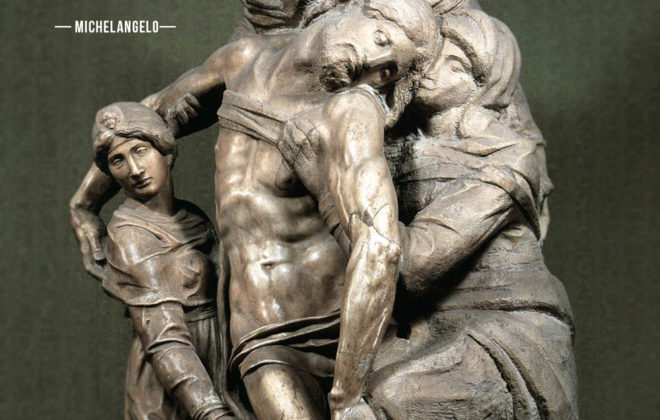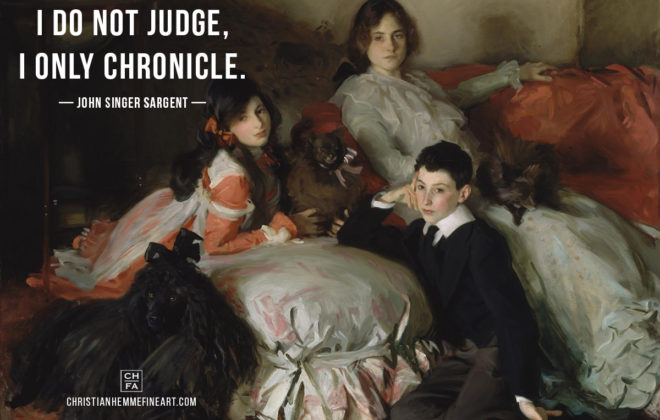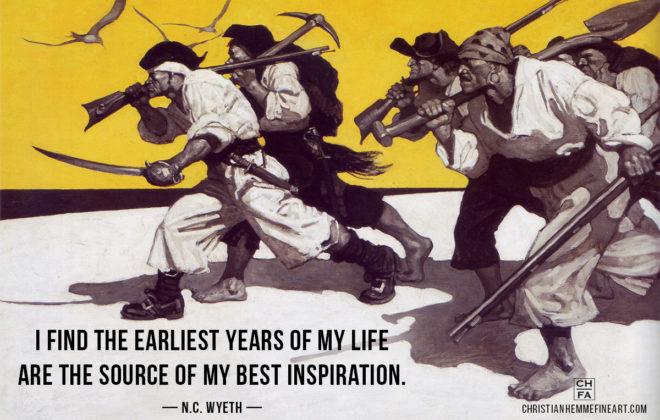Capture Everything | Artist Quotes | Normal Rockwell
“I always strived to capture everything I saw as completely as possible.”
—Norman Rockwell
Click to learn more about Norman Rockwell, who lived from 1894 to 1978.
This iconic American illustrator captured the soul of a generation of Americans,
and his illustrations remain the hallmark of the Saturday Evening Post.
I’ve recently listened to some fantastic lectures about what it means to be fully human. (Just a minor existential topic to tackle!) One premise states that a true human simply can’t exist in a vacuum—that “no man is an island.” To be an isolated person means not to be a completed person: that individual has lost something of his or her humanity.
The Balance of Individuality
In the United States, the concept of individual rights has become sacrosanct. And of course, this idea has resulted in many good things! The abolition of slavery, the right to vote, workplace safety standards, and much more can be traced to the importance placed on the rights of the individual. However, I think the pendulum has swung too far in this direction. In our western culture specifically, I believe the principle of the individual above all else has become too predominate.
For artists in particular, finding balance can be a severe trial. Our whole career is wrapped up in expressing our ideas, emotions, and beliefs through paint and canvas, chisel and marble, et cetera. Add the burden of marketing, business legalities, public relations, and building our brand, and the focus on “self” can become all-absorbing.
Ought We “Capture Everything?”
These concepts of humanity in community and the right of self-expression recently collided in my mind. Assuming the premise to be true (and I believe it is), how does that reality affect an artist’s decisions in what he or she chooses to create?
The going rhetoric seems to state that no one should be able to restrain what artists say in their work. But if being fully human means living in society, then everything we do affects someone else. Including the art we create. And that would mean artists have a very serious responsibility. In each and every piece, we impress something on the viewer’s mind—will that something be good or evil?
Obviously, our underlying philosophy or “worldview” determines what we consider good, wholesome, and true. And I think the Norman Rockwell painting depicted above, entitled The Problem We All Live With, perfectly illustrates the point.
I’m sure some people literally hated Rockwell for his depiction of Ruby Bridges being escorted to school by the U.S. Marshals. But we certainly now recognize that his self-expression helped further a noble cause. He used his individual rights to edify humanity. A painter of the good.
However, we can easily imagine the other side of this equation. Blatant disregard for morality, ethics, and beauty can quickly foster outright evil. For example, violating a person’s innocence by subjecting him or her to visual horrors. Taking what another reveres or believes to be holy and treating it as common and contemptible. Feeding hopelessness, depression, and fear by championing chaos, macabre, and sadism. (I will not call out individual examples, but they are woefully easy to find.)
As Rockwell “captured everything” to further good, so an artist can “capture everything” to further evil.
The Freedom of Restraints
I firmly believe that proper boundaries do not crush self-expression. As paradoxical as it might sound, I believe boundaries foster self-expression. True expressive freedom belongs to those who find harmony between “self” and “other.” The person trapped in his or her own head has a decreasing sphere of existence. The self is turned inwards. Eventually, only the tattered vestiges of what was learned in the light of shared humanity remain. If the process continues unchecked, this individual drives away all that is not “self,” and has nothing else besides. Some have a word for this. Damnation.
Question: Do you agree that individual rights have grown out of balance? Do you believe proper boundaries for self-expression ought to exist? Where are those lines to be drawn? Let us all know in the comment section below!
